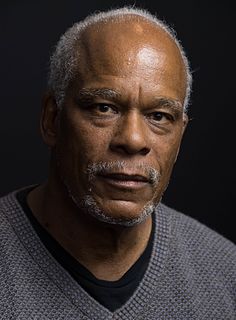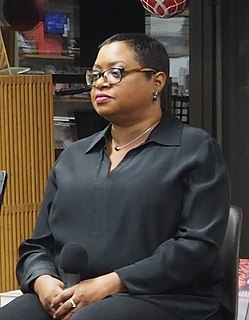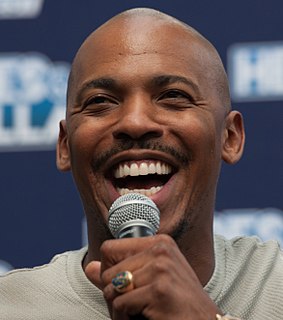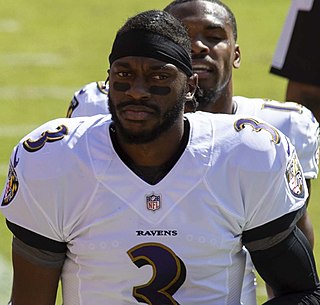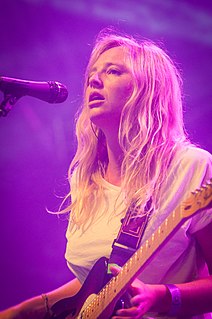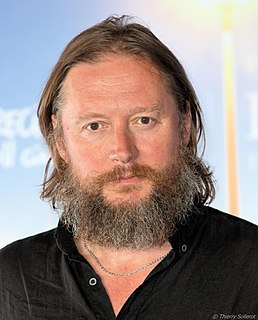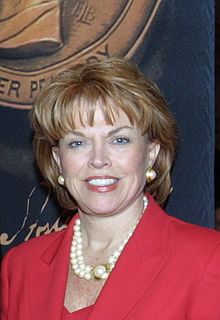A Quote by Alice Walker
When I joined the freedom movement in Mississippi in my early 20s, it was to come to the aid of sharecroppers, like my parents, who had been thrown off the land they'd always known - the plantations - because they attempted to exercise their 'democratic' right to vote.
Related Quotes
In the summer of 1966, I went to Mississippi to be in the heart of the civil-rights movement, helping people who had been thrown off the farms or taken off the welfare roles for registering to vote. While working there, I met the civil-rights lawyer I later married - we became an interracial couple.
Usually we look at it like, "Oh, black people couldn't vote in Mississippi because they had to take a literacy test." But one of the things you learn in the film is that there were major consequences for even trying to vote. You could be killed for trying to vote. You could definitely be fired from your job and many were, which is why so few black Mississippians even attempted to register early on. They put your name in the newspaper if you tried to register to vote.
I was in my early 20s when Estonia joined the E.U. For a kid who'd grown up in the Soviet Union, it seemed like my country had come of age. For a country that had been isolated and cut off from the rest of the world, it seemed like we were becoming part of the global community. It opened a whole new world of possibility.
I was just an infant when [Fannie Lou] Hamer spoke - barley even awake in the world. But here she was, pressing the Democratic Party to refuse to recognize the all-white Mississippi delegation, because obviously there was no way Mississippi could have an all-white delegation. Black people had been kept from registering through violence and intimidation. She had experienced that violence herself and was there to speak about it and to insist the delegation of the Mississippi Freedom Democratic Party be recognized instead.
In coming to Atlantic City, we believed strongly that we were right. In fact, it was just right for us to come to challenge the seating of the regular Democratic Party from Mississippi. But we didn't think when we got there that we would meet people, that actually the other leaders of the Movement would differ with what we felt was right.
It was very clear to me in 1965, in Mississippi, that, as a lawyer, I could get people into schools, desegregate the schools, but if they were kicked off the plantations - and if they didn't have food, didn't have jobs, didn't have health care, didn't have the means to exercise those civil rights, we were not going to have success.
We have a duty to our country to participate in the political process. See, if you believe in freedom, you have a duty to exercise your right to vote to begin with. I'm [here] to encourage people to do their duty, to go to the polls. I want all people, no matter what their political party is or whether they even like a political party, to exercise their obligation to vote.
In my 20s, my mom and I went and saw the bridges of Madison County, which are in Iowa, and I had seen that movie with Clint Eastwood and Meryl Streep. I've always done these Iowa road trips. I did this transcendental meditation course in Fairfield, Iowa. So I've known since my early 20s that someday I would buy a farm in Iowa.
VOTE!!! Remember what the suffragists said when they finally won their long hard battle to get us the right to vote, knowing that they probably would never get to exercise the right or see the results; they said, 'this is not for ourselves alone.' It was for us and every generation of women to come. If we don't vote, we are ignoring history and giving away the future.

